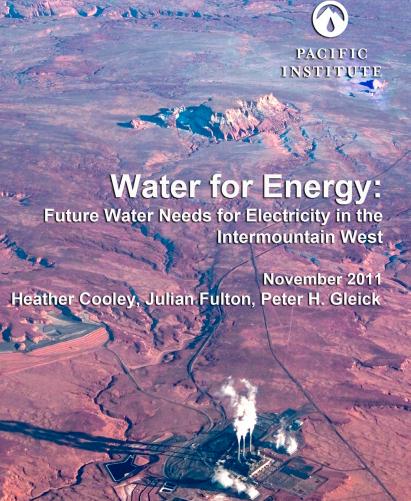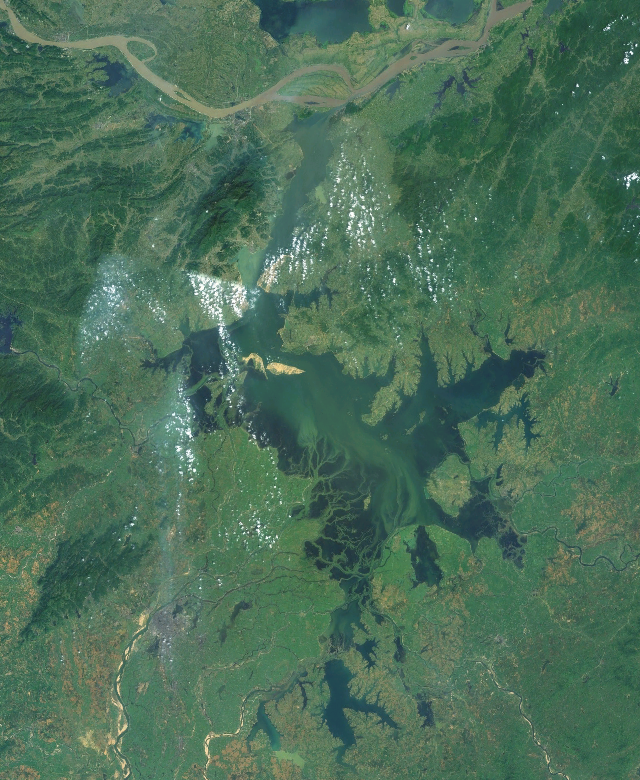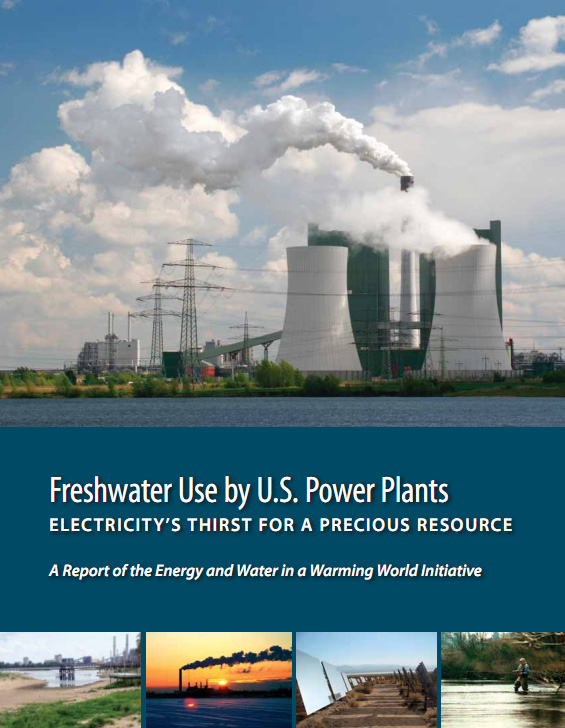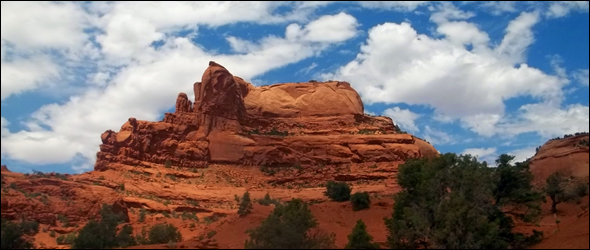Posts

The Stream, February 20: Low Water Levels May Hurt Texas Rice Industry
0 Comments
/
Water-Food
Continuing low water levels in Texas may prompt the…

Resurrecting an Old Desalination Technology to Test Desert Agriculture
At a U.S. desalination research facility this month, a 2,500-year-old…

The Stream, January 31: Mining and Food Production
Australia's first law intended to protect prime agricultural…

Pollution, Dry Weather Choke the World’s Major Lakes
Urban waste and falling water levels signaled a rough start to…

The Stream, January 4: China’s Largest Freshwater Lake Shrinks
Poyang Lake, China's largest freshwater lake, currently has less…

Peter Gleick: Transcending Old Thinking About California Agricultural Water Use
The debate about water use in California agriculture is stuck in a 30-year-old rut; relying on outdated and technically-flawed thinking that is slowing statewide efforts to meet 21st century challenges.

Report: Thirsty Power Plants Increase U.S. Water Stress
Water-energy choke points in Texas serve as examples of a larger issue for the United States, as pointed out in a new report for the Energy and Water in a Warming World Initiative, spearheaded by the Union of Concerned Scientists.

The Stream, November 24: Big Business and Climate Policy
Big carbon-intensive corporations are campaigning to increase…

Racing an Arizona Senator’s Retirement, Dry Navajo Nation Draws Closer to Securing More Water
The largest reservation in the U.S. has one of the nation's highest poverty rates — more than 40 percent — and very little water infrastructure. Many residents pay nearly 50 times the municipal cost for water, which instead is delivered from a tank in the back of a truck, often resulting in water-borne intestinal illnesses.

Pacific Institute Report: Setbacks and Solutions of Water-Energy Clash in U.S. Intermountain West
At the forefront of a national trend, this region is already suffering from intense conflicts that willy only worsen with climate change and population growth. However, the report also highlights several ways to dramatically reduce the water requirements for electricity generation.

The Stream, November 14: What Now for the Keystone XL Pipeline?
The U.S. State Department’s decision to postpone its verdict…

The Stream, November 7: EPA Fracking Report Due in 2014
The U.S. Environmental Protection Agency will release its final…


